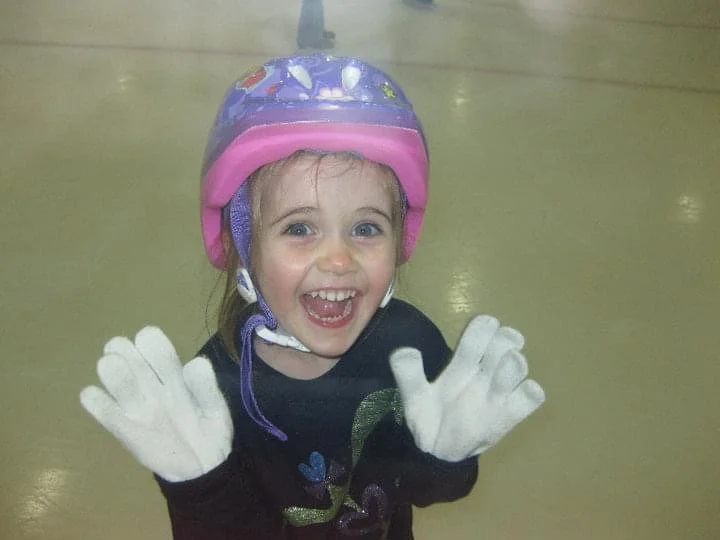At age 14 and just 4-foot-9, figure skater Isabeau Levito within reach of senior podium at nationals
/About 12 years ago, Chiara Garberi decided to check out the ice rink in her New Jersey neighborhood to see if it might be a place where she could skate for fun on weekends.
With her daughter, Isabeau Levito, in tow, Garberi arrived at a moment when competitive figure skaters were training. Levito, then age 2 ½, took one look at the situation and asked if she could go on the ice.
“I told her, `You need special shoes for that,’” Garberi recalled. “She saw a pair of rental skates next to the ice sheet and said, `Are those mine?’”
They would be, soon enough. Because what followed was a progression familiar to parents of kids who wind up in figure skating’s highest levels.
First came weekly learn-to-skate classes, which Garberi originally made a reward for her daughter if she finished her meals. Next, a year later, was asking a coach who was working with the beginners if Levito, at almost 4, was ready for a private lesson. (The answer was yes.) And then, a few years later, daily lessons. Now, all day at the rink, six days a week, with schoolwork fit in between and after skating sessions.
“Isabeau always tried to be better than everyone else, even in learn to skate,” said Yulia Kuznetsova, who has been Levito’s coach for 10 years.
Read More





